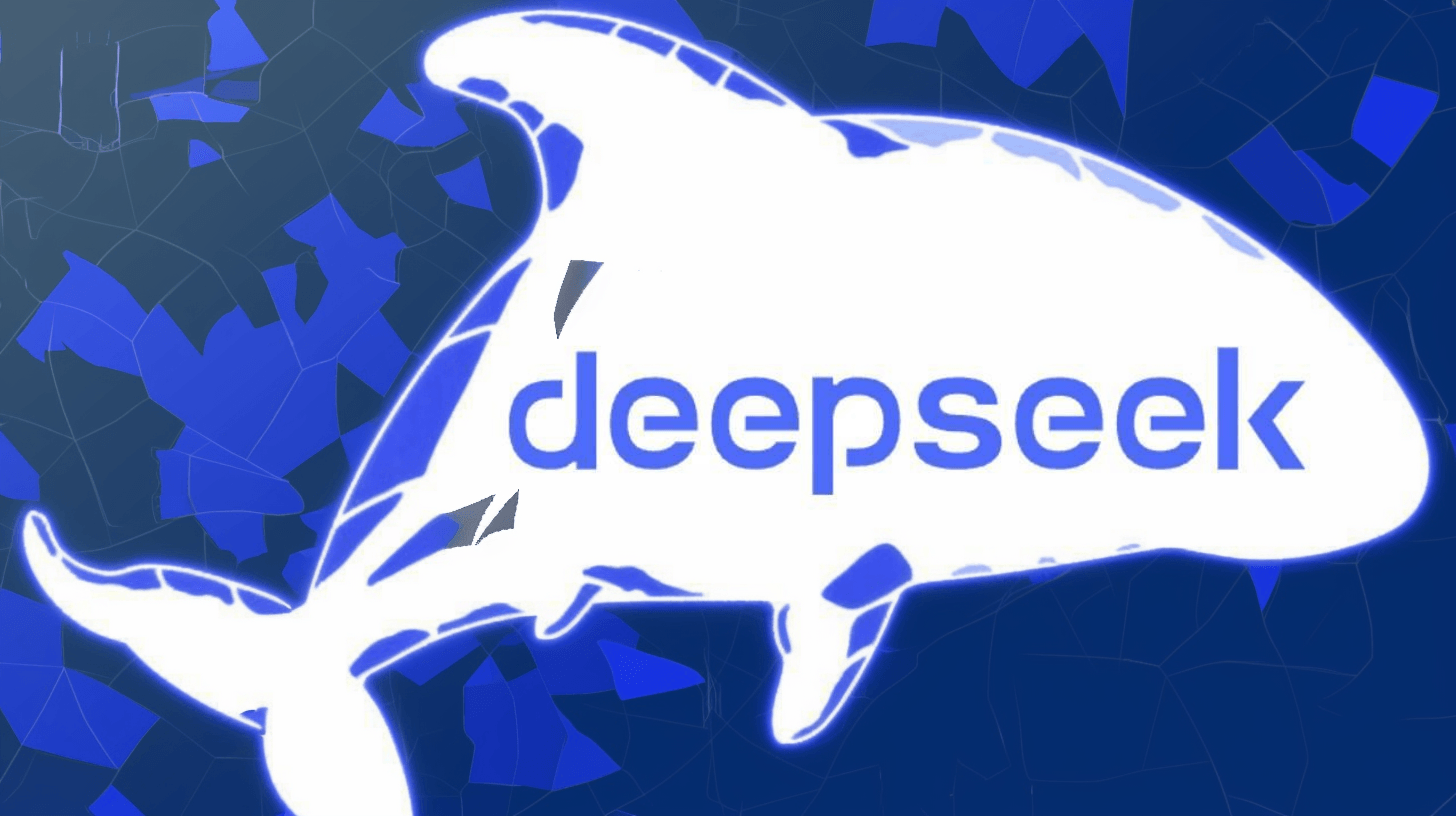Welcome, MedTech Professionals.
W49 Edition of The MedTech AI Monitor
Hey there,
The past week has been a whirlwind in the AI world. From huge rounds of startup funding (Digital Health 50) to the released FDA Final AI PCCP Guidance Document, I’ve pulled together the highlights so you can be the AI expert in your circle.
Have a great rest of the week!
-Greg Matson [LinkedIn]
tl;dr
FDA's PCCP Final Guidance Doc. *released today* [link]
RSNA conference is unleashed (all things radiology)
Philips + Mayo solidify new AI MRI partnership
A Stealth Startup is looking for a $180k Reg Affairs Manager
1. The 50 most promising Digital Health Startups of 2024
CB Insights has revealed its 2024 Digital Health 50, spotlighting the most promising private startups driving innovation in healthcare. This year's winners highlight how digital health is evolving across AI, diagnostics, and care delivery models. [article link]
Key points:
AI as the Backbone of Healthcare: 36 of the 50 companies are leveraging AI for transformative use cases, from automating workflows to developing specialized healthcare language models.
Breakthrough Diagnostics: Early detection and accessibility dominate, with 11 companies innovating in imaging, pathology, and non-invasive diagnostics.
Virtual & Hybrid Care Growth: Condition-specific platforms are on the rise, doubling the number of companies in this category compared to last year.
Focus is on Admin: Administrative and clinical workflow optimization is a top priority, with 19 startups aiming to combat staffing shortages and reduce administrative burdens.
"For health system CIOs, digital health investors, and life sciences executives, this list spotlights companies to explore for technology adoption, investment opportunities, and strategic partnerships as healthcare shifts toward AI-driven infrastructure, advanced diagnostics, and specialized care platforms."
2. AI is transforming imaging, with FDA approvals continuing
The RSNA 2024 conference in Chicago highlights AI's transformative impact on imaging, with over 300 FDA-approved tools now driving advancements in diagnostics and workflow efficiency. Companies like Aidoc and GE HealthCare are unveiling AI-powered solutions that enhance care and streamline processes. With new product launches and partnerships, the event underscores AI’s rapid integration into radiology, shaping the future of healthcare. [article link]
3. Philips & Mayo Clinic team up on AI for cardiac MRI scans
Philips and Mayo Clinic have partnered to integrate AI into cardiac MRI scans, aiming to shorten exam times, improve workflows, and enhance patient experiences. The collaboration, announced at RSNA 2024, seeks to address challenges like long scan durations and limited MRI access by combining AI tools from both organizations. Additionally, they are exploring lighter MRI systems with lower magnetic field strengths, making them easier to install and safer for patients with implants. This initiative could expand access to advanced cardiac imaging while improving diagnostic accuracy and efficiency in clinical settings. [article link]
📌 AI Job Board
Associate Director, MedTech Ops, Boston Consulting Group (BCG), $252,900/yr
Senior Manager, MedTech Supply Chain Digital, Johnson & Johnson, $120,000 - $207,000/yr
Regulatory Affairs Manager - MedTech, Stealth Startup, $150,000 - $180,000/yr
🗞️ In Other News
- Amazon Is Building a Mega AI Supercomputer With Anthropic [article link]
- Siemens Healthineers debuts AI for abdomen ultrasound exams [article link]
- CHOP makes available AI model that can enhance tumor analysis [article link]
- AI Training Datasets on the Rise: A $9.58 billion Industry Dominated by Tech Giants [article link]
🎟️ Upcoming Event Streams
Amazon AWS re:Invent 2024 (04/05 Dec.) [livestream]
FDA Medical Device Sterilization Town Hall (04 Dec.) [livestream]
📄 Doc Control
1. My post below outlines the differences between the draft and final AI PCCP Guidance Doc. [Post Link]
2. Examine Medical Multimodal Foundation Models (MMFMs), which unify data like images and text to advance clinical diagnosis and treatment planning. MMFMs enhance diagnostic precision, support personalized medicine, and drive AI-powered healthcare innovation. [Paper Link]
The views and opinions expressed in this email are for informational purposes only. They do not constitute legal advice. Readers are encouraged to consult with their own legal counsel regarding any specific legal questions or issues related to the topics discussed.


